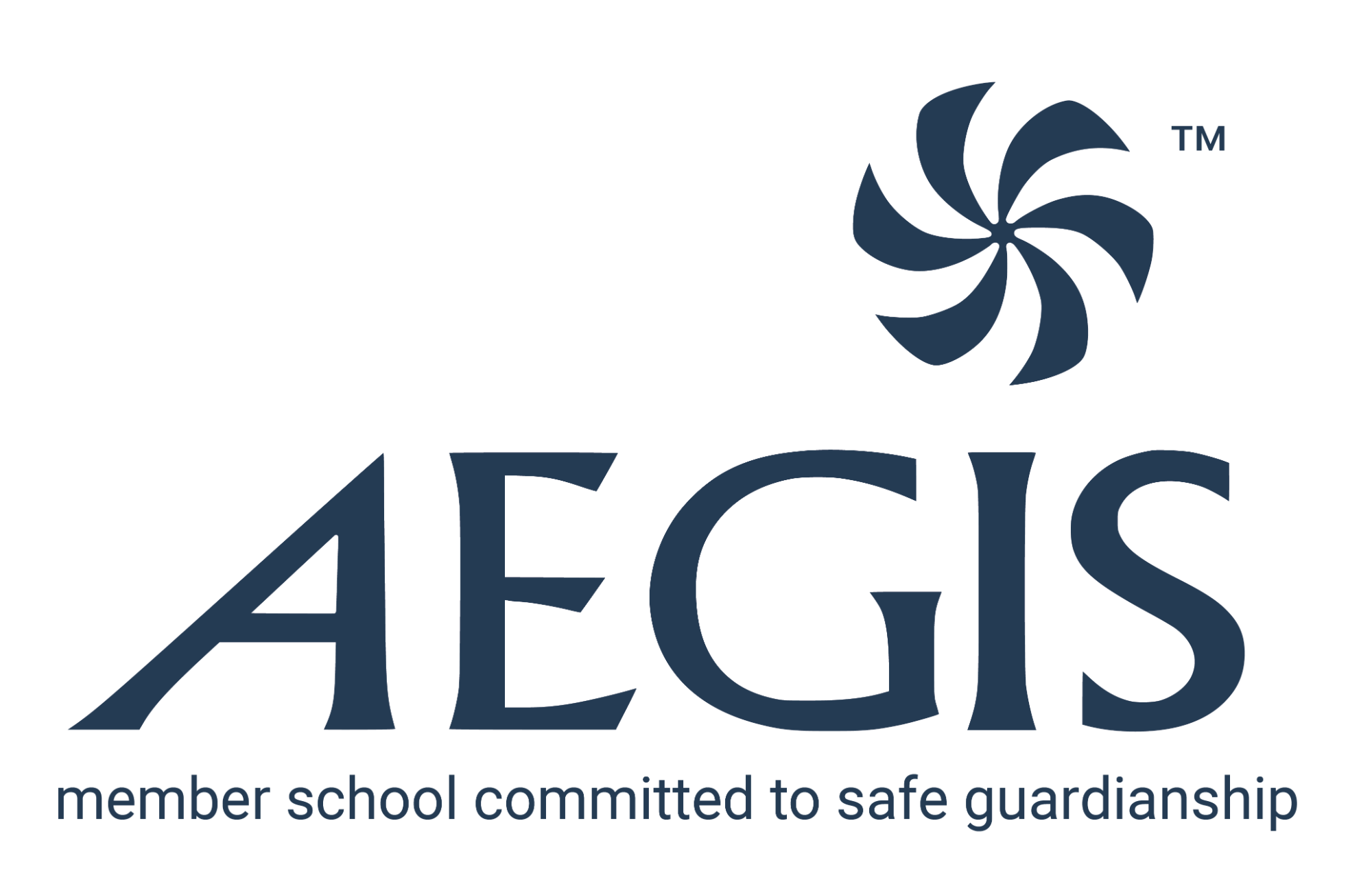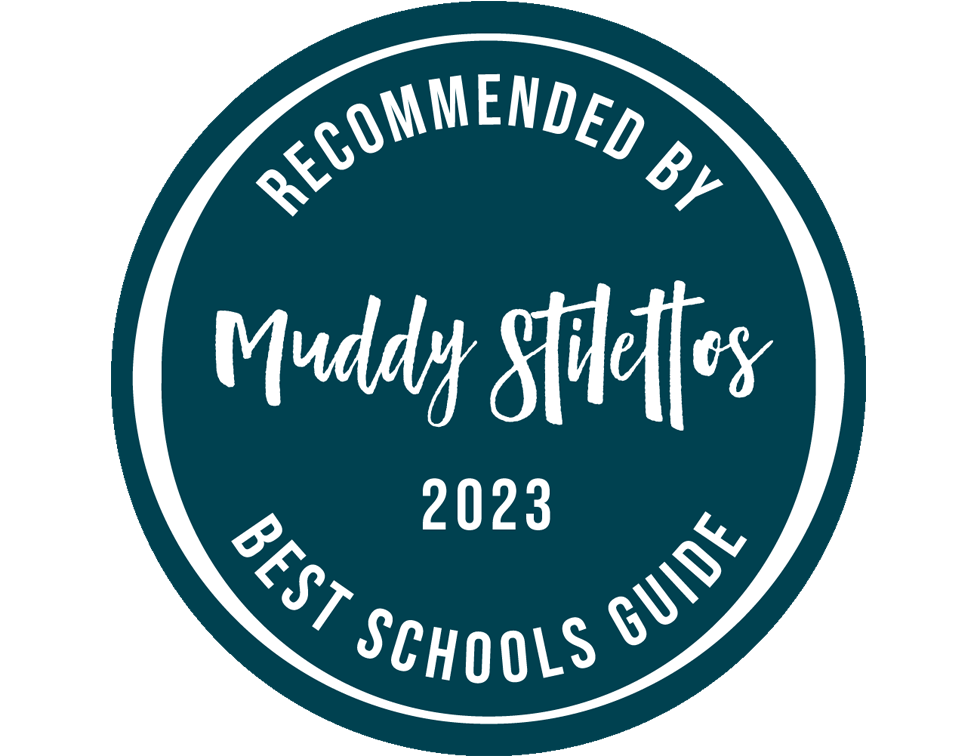Online Safety: The ‘Jeffy’ Series

As digital content becomes increasingly accessible, it's essential for us as parents to be vigilant about the media our children consume. One such concern is the 'Jeffy' YouTube series, which, despite its puppet-style animation, contains content that is not suitable for younger audiences.
'Jeffy' is a puppet character featured in a series of YouTube videos produced by the SuperMarioLogan (SML) channel. With over five million subscribers, the channel's videos garner millions of views. While the character's appearance — wearing a blue helmet and a pencil up his nose — might seem child-friendly, the content is far from appropriate for young viewers. The series includes themes such as sexual content, nudity, violence, gore, profanity, and offensive stereotypes, particularly towards individuals with learning difficulties or disabilities.
The 'Jeffy' series poses several risks to children and young people:
- Mimicking Dangerous Behaviour: In 2017, a mother found her 7-year-old son with a ligature around his neck, attempting to mimic actions seen in a 'Jeffy' video. Fortunately, the child was unharmed, but this incident highlights the potential dangers of such content.
- Normalizing Inappropriate Language and Actions: Children may come to view offensive language and inappropriate behaviour as acceptable, especially if they believe the content is meant for their age group.
- Difficulty in Communication: After exposure to disturbing content, children might find it challenging to articulate their feelings or concerns, fearing they will get into trouble.
To protect our children from harmful content like the 'Jeffy' series, we should consider the following steps:
- Stay Calm and Open: If you suspect your child has encountered inappropriate content, approach the situation calmly. Ask open-ended questions and listen attentively to their responses. Avoid mentioning specific content by name, as this might inadvertently introduce them to it.
- Educate and Discuss: Engage in regular conversations about online safety and appropriate content. Encourage your child to express any concerns or discomfort they may have encountered online.
- Utilize Parental Controls: Implement and regularly update parental controls on devices your child uses. Platforms like YouTube offer features such as restricted mode to help filter out inappropriate content.
- Report Inappropriate Content: If you come across harmful material, report it to the platform immediately. This helps in removing such content and protecting other users.
- Identify Trusted Adults: Ensure your child knows who they can turn to for help or guidance, whether it's you, a teacher, or another trusted individual.
For more information and resources on online safety, consider visiting:
- Safer Schools Online Safety Centre
- Ineqe Safeguarding Group
- YouTube Parental Controls Guide
These platforms offer tools and advice to help parents navigate the digital landscape and ensure our children's safety online.
If you have any questions or concerns about what your children are engaging with online, please feel free to chat to Mr Cuyler or Mr Cliff at school.
c.cuyler@pilgrims-school.co.uk
s.cliff@pilgrims-school.co.uk
Mr Craig Cuyler
Designated Safeguarding Lead/Director of Wellbeing/Head of PSHEe









